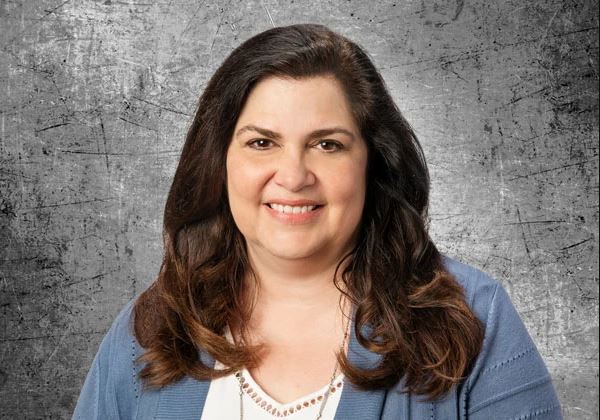
The Ethics of Distinguishing Between Being Helpful and UPL
Ellen Lockwood, ACP, RP
When asked by paralegal students to explain the job of a paralegal, I say that a paralegal’s job is to make the attorney look good. I realize that is a huge oversimplification, but regardless of the area of law, paralegals are, at the most basic level, being helpful to their attorneys and their attorneys’ clients.
As paralegals, we are often asked by friends and family to provide information. Naturally, we want to be helpful. However, it is often too easy to cross the line between being helpful, and the unauthorized practice of law (UPL).
A good dividing line between giving legal advice and answering a client’s questions is to never advise anyone on any matter if the advice may alter the rights or legal position of the person to whom the advice is given. Although there may be times when this rule of thumb could be applied too strictly, it is an excellent way to gauge whether what a paralegal says or does could be construed as giving legal advice, which is UPL.
Giving legal advice (and committing UPL) may include the following:
- telling someone what the law states
- interpreting the law for someone’s situation
- telling a client or any person what to do in a particular situation because you know what the attorney will say
- recommending what anyone should do in a legal situation, other than to recommend consulting an attorney
- filling out legal forms for someone other than under the direct supervision of an attorney
- telling someone how to complete legal forms other than under the direct supervision of an attorney
- assisting someone to complete legal forms other than under the direct supervision of an attorney
- signing a letter or giving a message to a client from the attorney that contains legal advice, without clearly stating that the attorney asked you to provide the information.
One of the reasons paralegals may justify crossing the line into UPL is because they know the person asking the questions cannot afford an attorney. Many people who do not meet the income criteria to become a client of the legal aid organizations are also in need of free or heavily discounted legal services. Fortunately, there are options available, including https://texaslawhelp.org/, which provides free legal help including articles on common situations, and legal forms with guidance on how to complete the forms.
Another reason paralegals may decide to give legal advice to friends or family is because they believe no one will ever find out and even if someone does, the matter will not be pursued as UPL because the information was trivial and/or the person could have found the information on their own. Unfortunately, people do sometimes find out and report the situation to the Supreme Court of Texas Unauthorized Practice of Law Committee (http://www.txuplc.org/).
Paralegals should familiarize themselves with the available resources for legal assistance for the public, as well as the lawyer referral services. There is a state-wide attorney referral service (https://www.texasbar.com/AM/Template.cfm?Section=Lawyer_Referral_Service_LRIS__), and many of the local bar associations also offer attorney referral services. Many of these attorneys offer an initial meeting for a reasonable price to discuss the available legal options for the person’s situation.
The potential for UPL is not a reason for paralegals to stop being helpful, just a reminder to proceed with caution.
Ellen Lockwood, ACP, RP, is the Chair of the Professional Ethics Committee of the Paralegal Division and a past president of the Division. She is a frequent speaker on paralegal ethics and intellectual property and the lead author of the Division’s Paralegal Ethics Handbook published by Thomson Reuters. She may be contacted at ethics@txpd.org.
If you have any questions regarding any ethical issue, please contact the Professional Ethics Committee.
Return to the Ethics Articles Home Page
Originally published in the Texas Paralegal Journal © Copyright Paralegal Division, State Bar of Texas.


